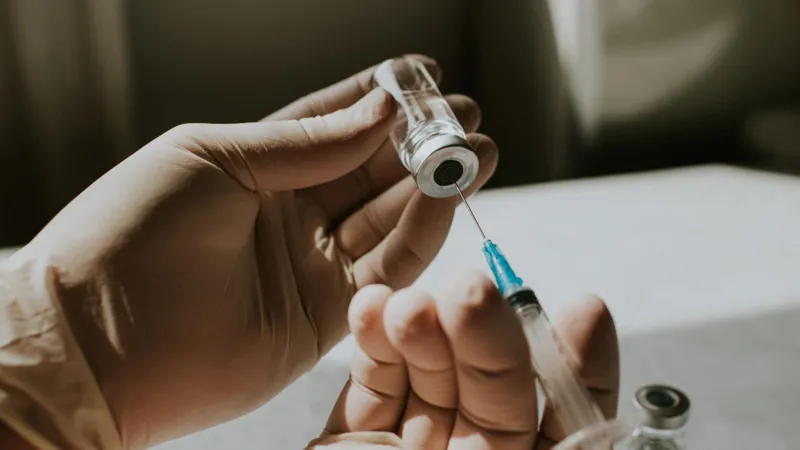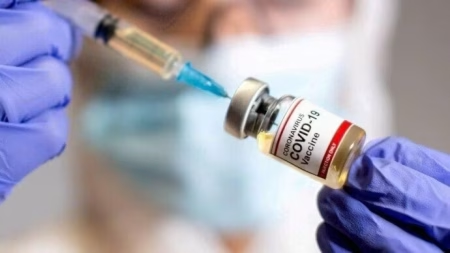Northern Ireland’s Department of Health is considering whether to begin vaccinating people against gonorrhoea, a common sexually transmitted infection. An announcement on the decision is expected soon. This comes after England revealed it will become the first country in the world to offer a vaccine against gonorrhoea.
The vaccine is about 30 to 40 percent effective, but NHS England hopes it will help reduce the rising number of infections. Gonorrhoea is now the most frequently diagnosed STI in sexual health clinics in Northern Ireland, according to the Public Health Agency (PHA).
PHA data shows cases more than doubled from 652 in 2021 to 1,606 in 2022, the highest number ever recorded. In 2023, there were 1,561 new cases, representing almost 28 percent of all new STI diagnoses in Northern Ireland. Most cases (75 percent) were in males, with about two-thirds identifying as gay, bisexual, or men who have sex with men.
The vaccine program in England will focus mainly on gay and bisexual men who have multiple sexual partners or a history of STIs. Gonorrhoea can be spread through unprotected vaginal, anal, or oral sex. Many people do not show symptoms, but those who do may experience pain, unusual discharge, swelling, or inflammation in the genital area. Untreated gonorrhoea can cause serious health problems, including infertility and, in newborns, permanent blindness.
The infection is not spread by casual contact such as hugging or touching surfaces like toilet seats or towels. It can be passed from a pregnant woman to her baby during childbirth. Even after successful treatment, reinfection is possible, so ongoing prevention and testing remain important.
Antibiotic resistance in gonorrhoea is increasing worldwide, making treatment more difficult. This has pushed health authorities to explore vaccination as a way to slow the spread and reduce cases.
Northern Ireland’s health department has stated that it is reviewing the situation carefully and will make a decision soon. Meanwhile, health professionals advise the public to continue practicing safe sex, get regular STI testing, and seek treatment quickly if symptoms appear.















